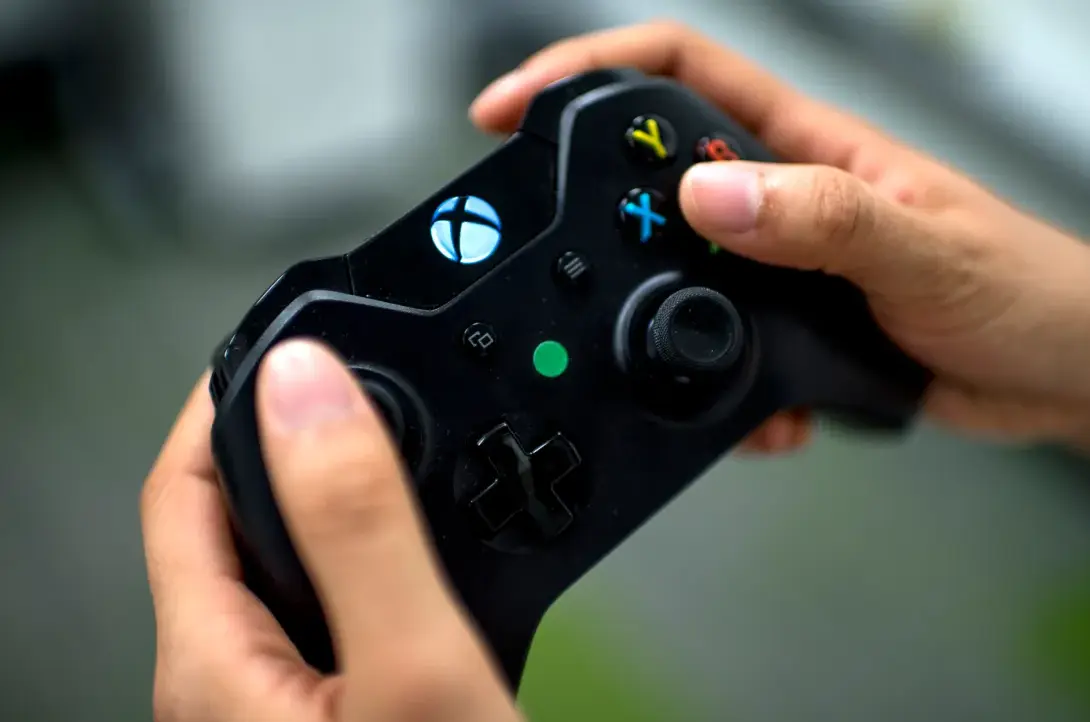New research shows that, contrary to the fears of many parents, video games might be able to help children with obesity exercise more.
A new study published in the International Journal of Behavioral Nutrition and Physical Activity aimed to see whether active video games, which involve physical activity from the player, when combined with a narrative throughline like an animated TV show, would keep children engaged in exercise. Amy S. Lu, an associate professor of communication studies and public health and health sciences at Northeastern University and lead author on the project, was inspired by her own experience with active video games.
“I was surprised that almost none of [these active video games] had any story element,” Lu says. “What if we actually tried to combine the story and active video games so that people will continually play that with a better motivation?”
In a country like the United States where almost one in five children and adults are obese, the answer to that question could be a necessity, she explains. Lu worked with dozens of mostly Black and Hispanic children in Boston and created a six-season animated children’s show to figure out whether adding stories to active video games could make them more engaging and, thus, more useful in tackling obesity.
She admits her intervention was affected by pandemic-related disruptions, but the findings still show that active video games combined with a narrative can have an impact.




